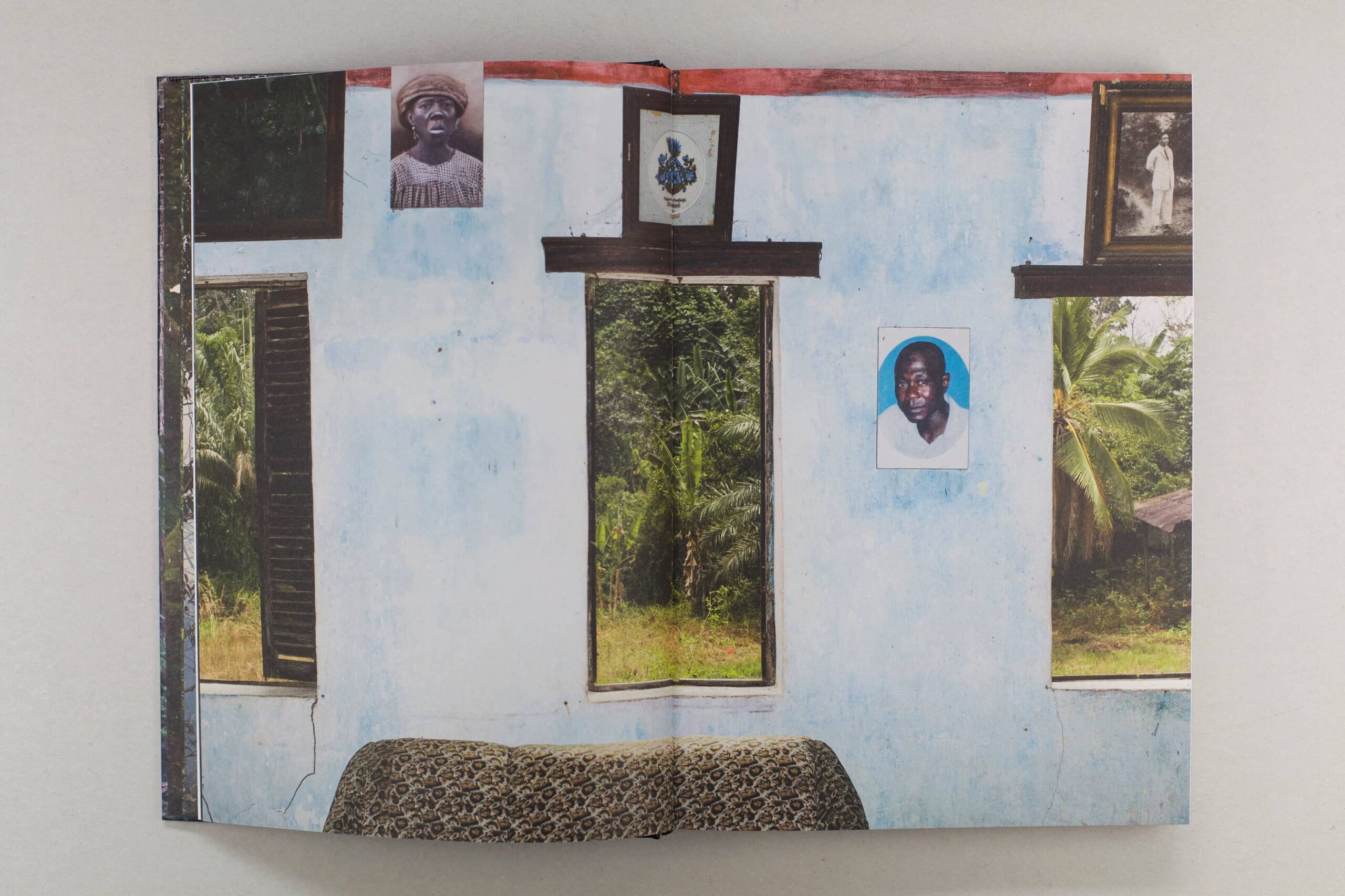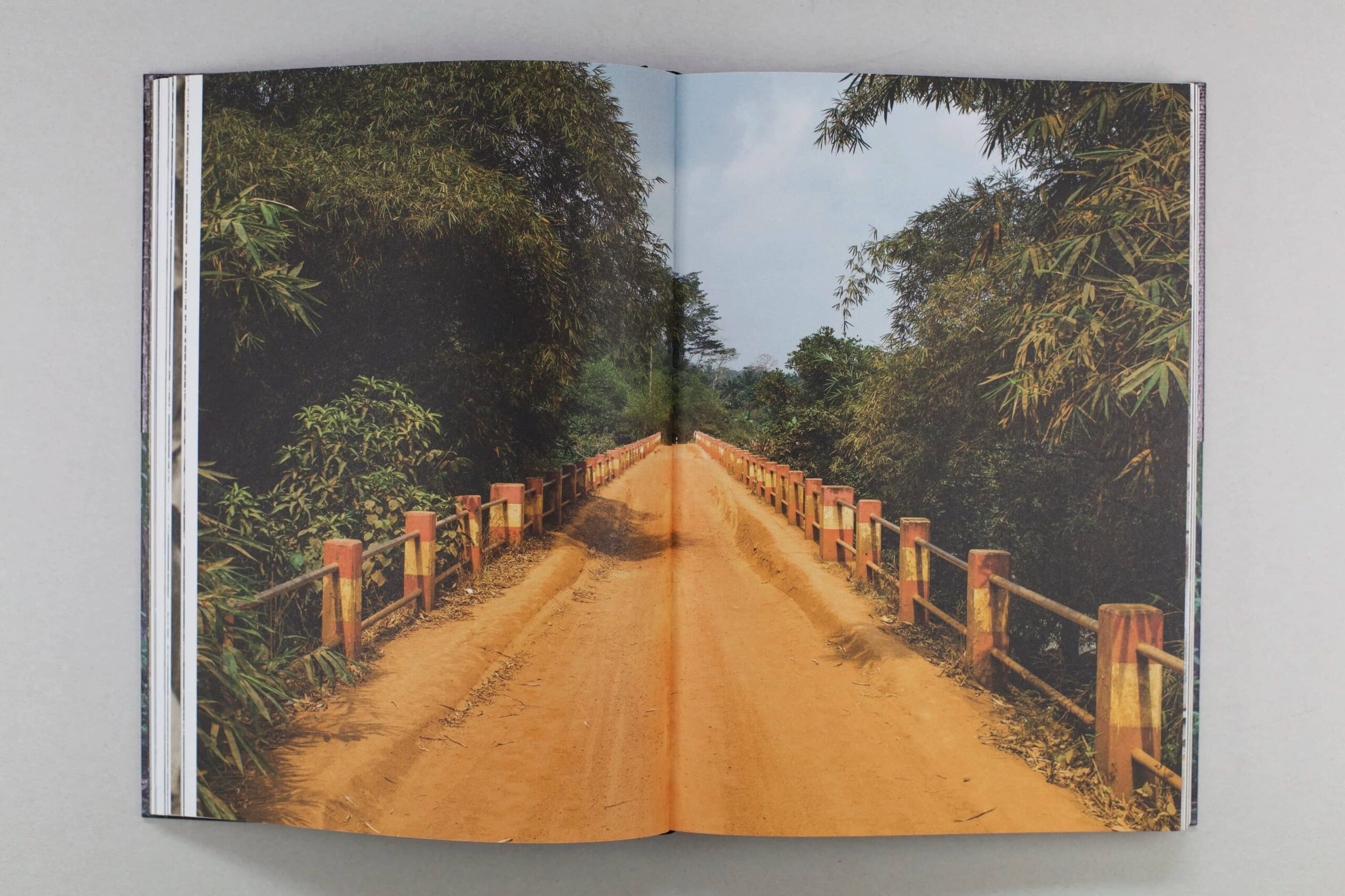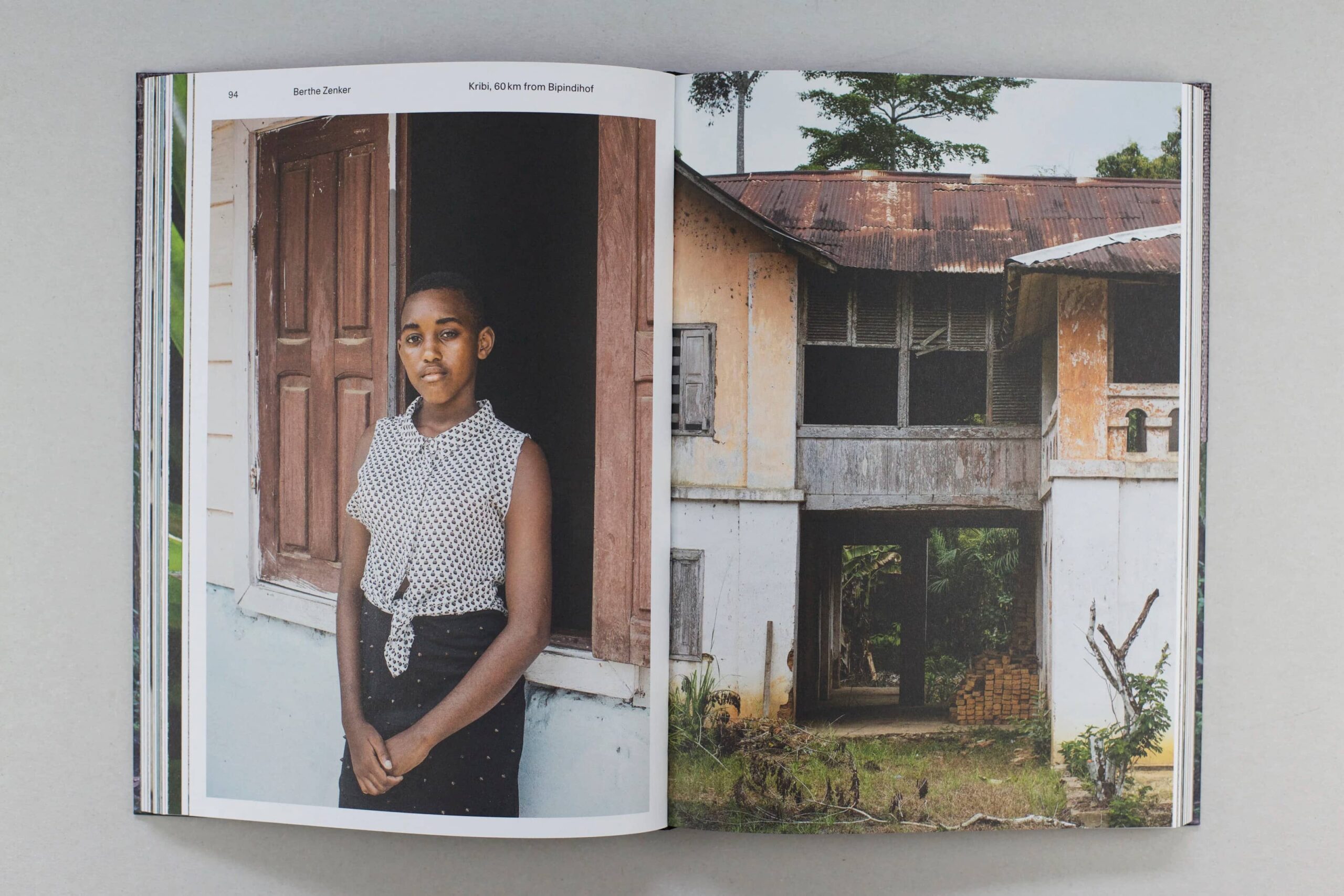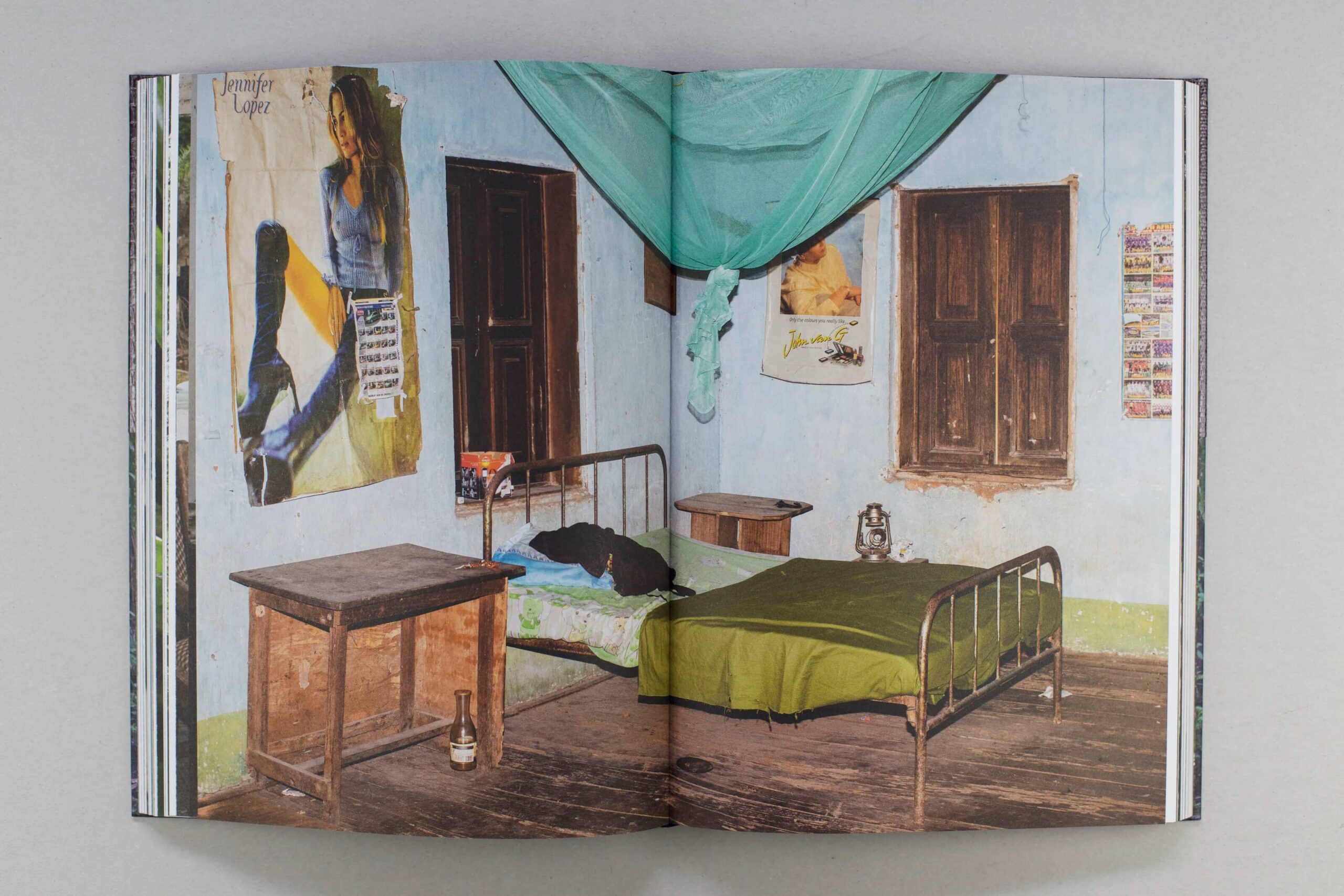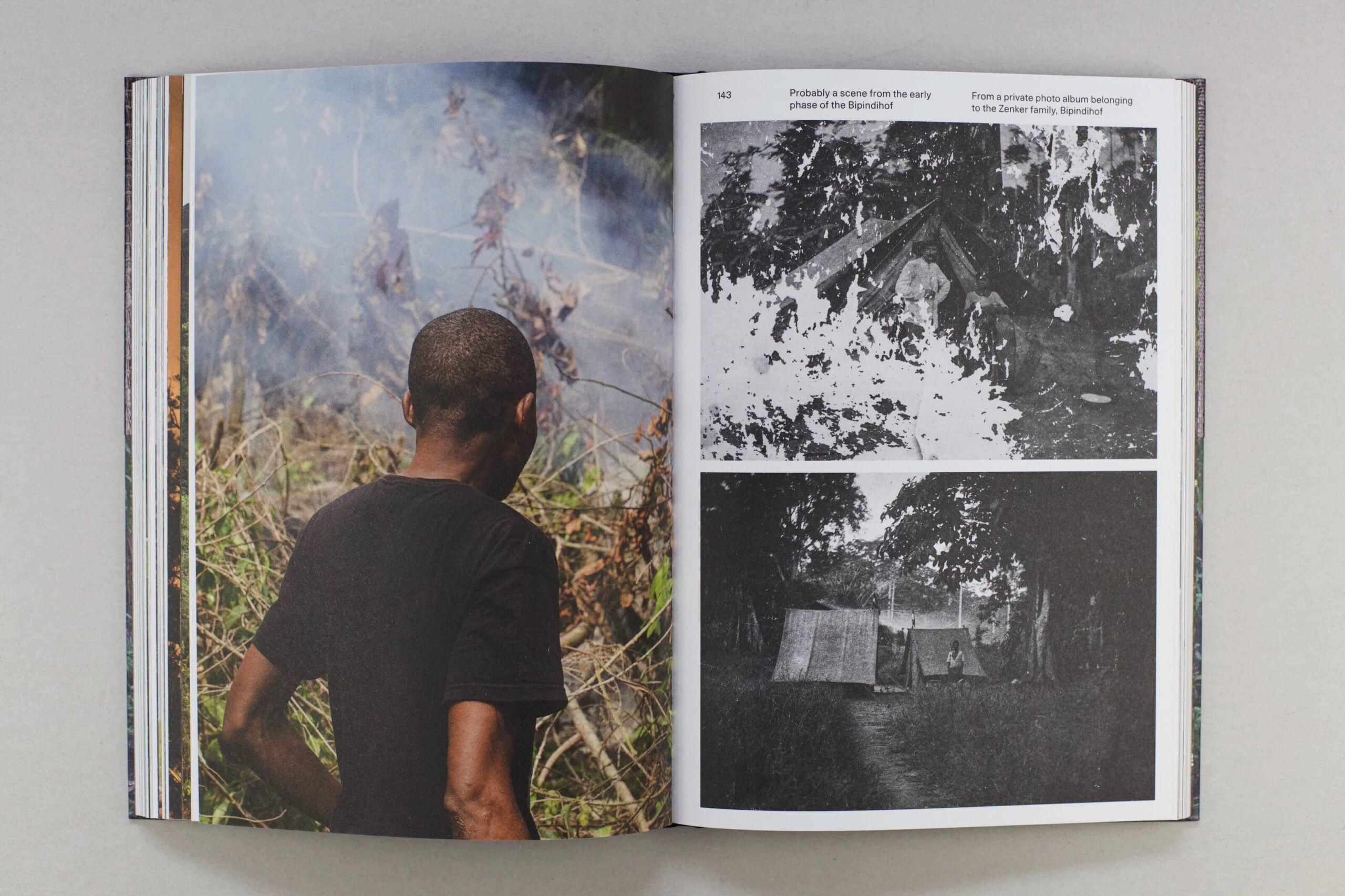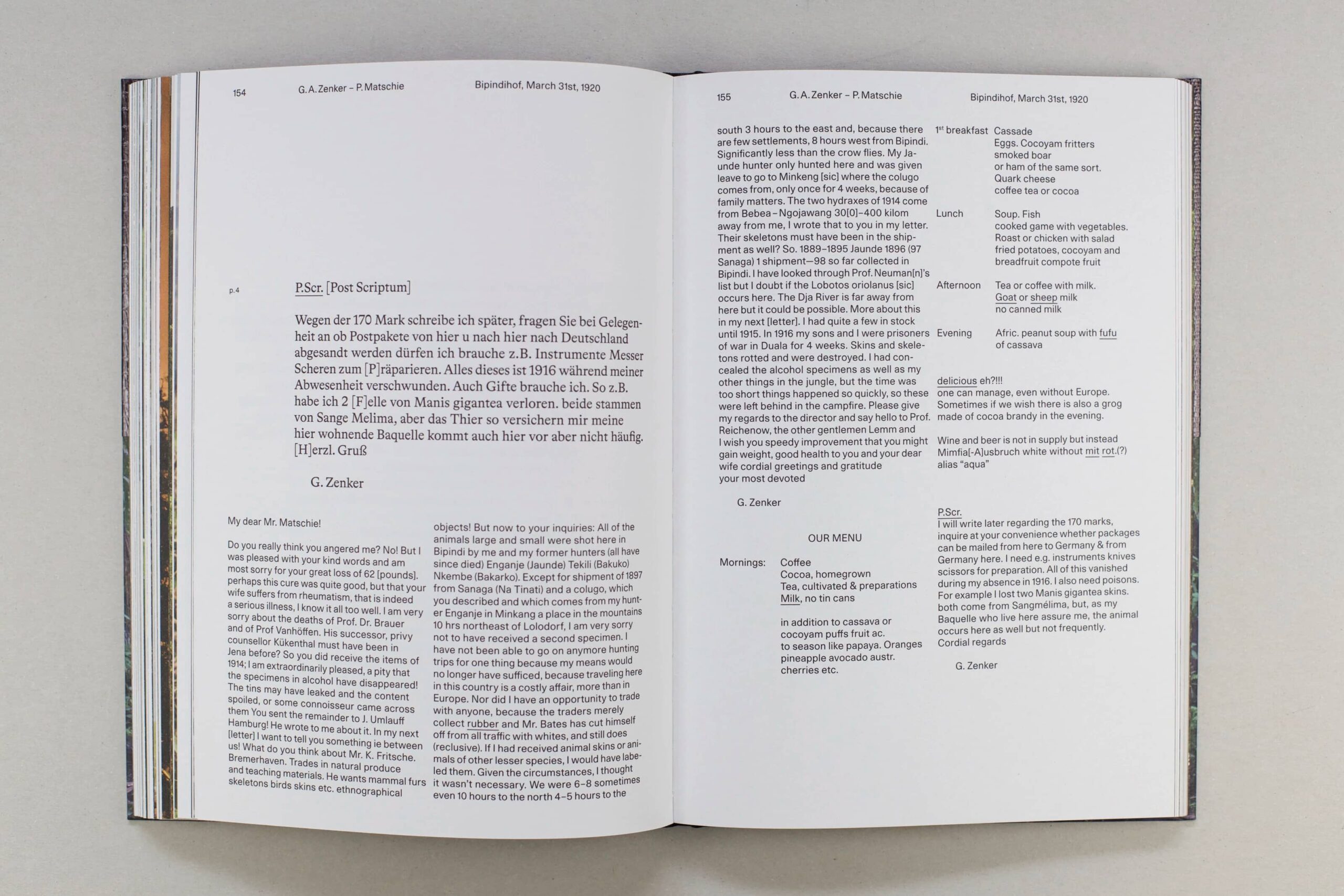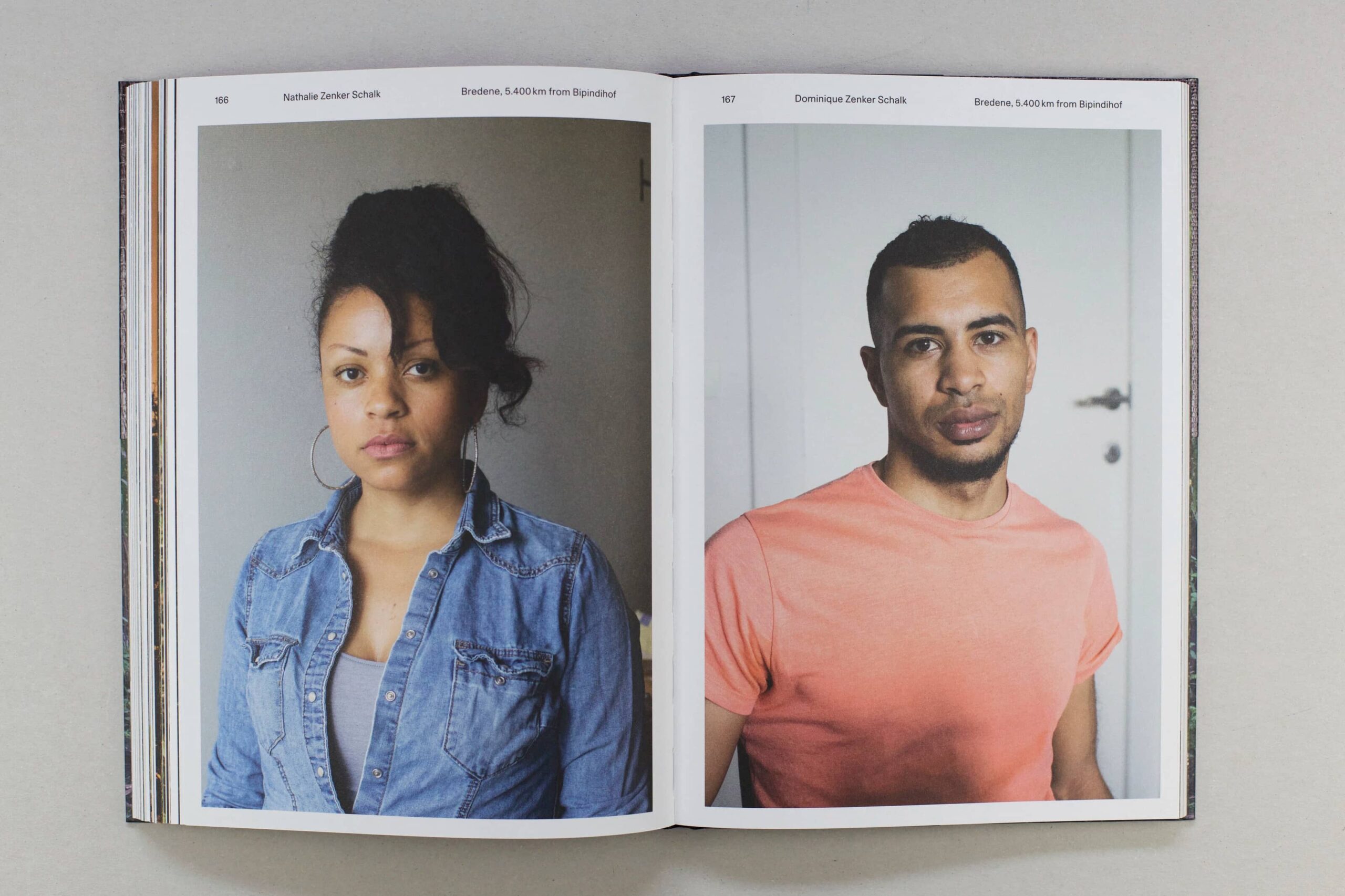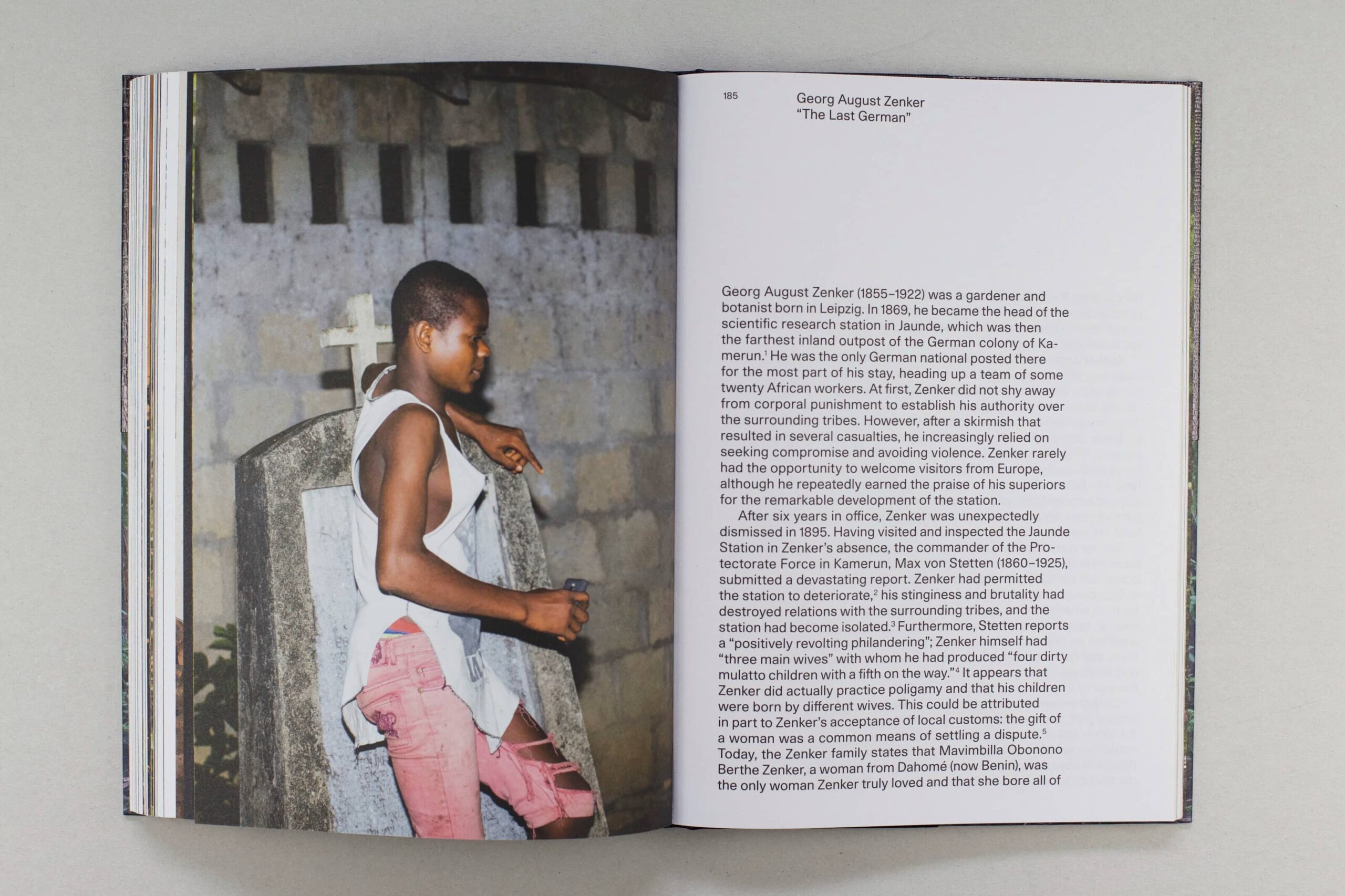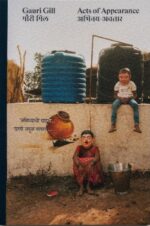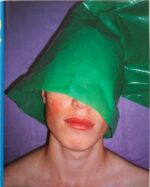En 1889, Georg August Zenker, jardinier et botaniste de Leipzig, prend en charge la station de recherche de Jaunde (aujourd’hui Yaoundé) dans la colonie allemande du Cameroun. Après six ans de mandat, Zenker a été sommairement démis de ses fonctions. Il aurait mené une vie polygame à la colonie avec plusieurs femmes africaines, dont certaines lui avaient donné des enfants. Zenker a quitté le pays, pour revenir peu après en tant que citoyen. Il s’installa avec sa famille (une femme du Dahomé et cinq enfants) à Bipindi, au cœur de la jungle du Cameroun allemand, où il construisit Bipindihof, une maison de style colonial allemand et de vastes plantations de cacao, de caoutchouc et de banane. L’essentiel de son gagne-pain consistait cependant à collectionner des spécimens botaniques et zoologiques ainsi que des objets ethnographiques pour les musées allemands. La pensée et les actions de Zenker étaient, bien sûr, fortement influencées par la mentalité coloniale. Mais à plusieurs reprises, il s’est clairement opposé aux pratiques colonialistes et militaristes de ses supérieurs et d’autres compatriotes allemands. Il mourut en 1922 et fut enterré dans l’enceinte de son Bipindihof. Les descendants de Zenker vivent aujourd’hui dispersés au Cameroun et en Europe, mais la plupart d’entre eux considèrent encore Bipindihof, aujourd’hui en ruine, comme le berceau de la famille.
Yana Wernicke et Jonas Feige se sont rendus à plusieurs reprises dans l’actuelle République du Cameroun pour cet essai photographique afin d’y retracer la vie de Zenker et de dresser le portrait de sa descendance.
In 1889, Georg August Zenker, a gardener and botanist from Leipzig, took charge of the Jaunde (present-day Yaoundé) research station in the German colony of Kamerun. After six years’ tenure, Zenker was summarily relieved of his duties. He was said to be leading a polygamous life at the station with several African women, some of whom had borne him children. Zenker left the country, only to return soon afterwards as a private citizen. He settled with his family (a woman from Dahomé and five children) in Bipindi, deep in the Kamerun jungle, where he built Bipindihof, a German colonial-style house and vast cocoa, rubber and banana plantations. The mainstay of his livelihood, however, consisted in collecting copious botanical and zoological specimens as well as ethnographic objects for German museums. Zenker’s thought and actions were, to be sure, heavily influenced by the colonial mindset. But on a number of occasions he clearly opposed the colonialist and militaristic practices of his superiors and other German countrymen. He died in 1922 and was buried on the grounds of his Bipindihof. Zenker’s descendants live widely dispersed in Cameroon and Europe today, but most of them still regard the now crumbling Bipindihof as the cradle of the family. Yana Wernicke and Jonas Feige traveled to the present-day Republic of Cameroon several times for this photographic essay in order to retrace Zenker’s life there and portray his descendants.


